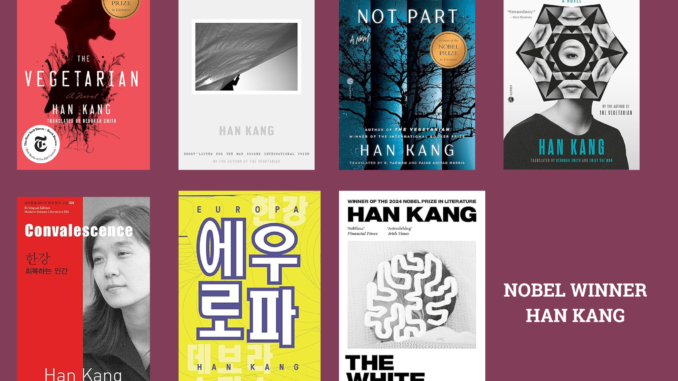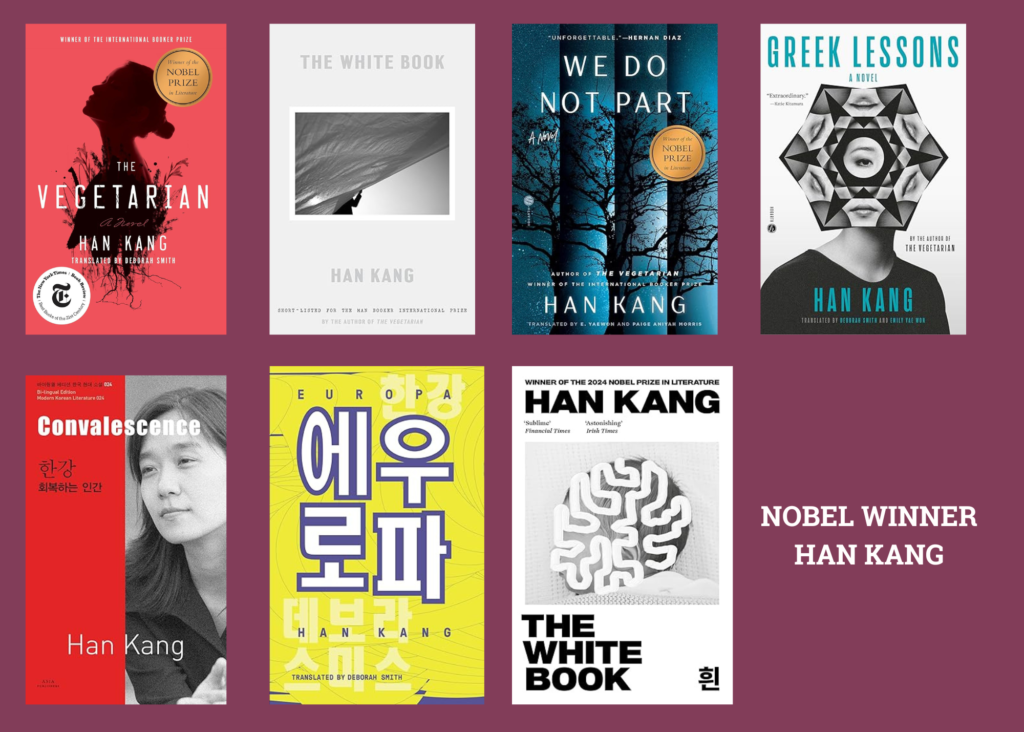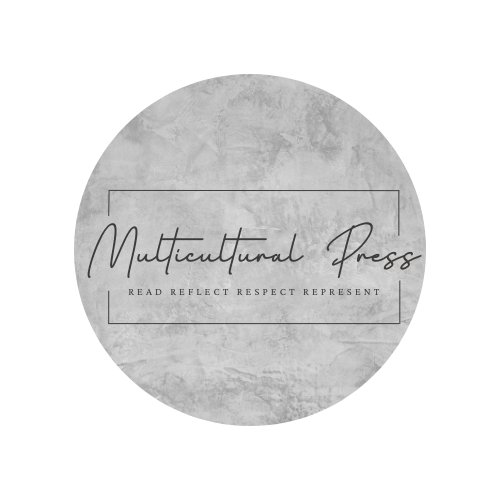

Han Kang: Nobel Laureate Illuminating Korean Literature
In 2024, Han Kang was awarded the Nobel Prize in Literature, becoming the first South Korean and first Asian woman to receive this honour. The Swedish Academy recognized her “intense poetic prose that confronts historical traumas and exposes the fragility of human life.” Her Nobel lecture, delivered on December 7, 2024, delved into how writing connects her to readers, reflecting on her evolution as a writer since childhood. Han Kang’s literature challenges readers to confront the fragility of the human condition, exploring themes of violence, resistance, and existential transformation. Through her unique and poetic storytelling, she has solidified her place as one of the most compelling voices in modern Korean literature. Her works, often adapted for film and theatre, continue to captivate audiences worldwide. As she forges ahead, Han remains committed to crafting stories that transcend cultural boundaries, offering profound reflections on life, memory, and the power of the human spirit.
Han Kang: A Literary Voice from Korea
Han Kang is a celebrated South Korean author whose profound and evocative storytelling has left a lasting mark on contemporary literature. Best known for her Man Booker Prize-winning novel, The Vegetarian (2016), Han’s works explore themes of identity, trauma, and human transformation. Born in Gwangju, South Korea, in 1970, Han was raised in a literary environment—her father, Han Seung-won, is also a renowned novelist. Moving to Seoul at the age of 10, she later pursued a degree in Korean Literature at Yonsei University. Her literary journey began with poetry, publishing her first poem in Literature & Society in 1993. A year later, she made her official fiction debut with the short story The Scarlet Anchor, winning the Seoul Shinmun Literary Contest.
A Distinctive Narrative Voice
Han Kang’s writing is bold, experimental, and deeply introspective. She gained international recognition with The Vegetarian, a novel that follows a woman’s radical decision to stop eating meat, leading to profound psychological and societal consequences. Originally published in Korean, the novel’s English translation by Deborah Smith sparked discussions on translation fidelity but ultimately won the Man Booker International Prize, making Han the first Korean author to receive this honour. Her other works, including Human Acts, Greek Lessons, The White Book, and Your Cold Hand, continue to push the boundaries of literary form. Human Acts is a poignant novel based on the Gwangju Uprising, delving into collective trauma and historical memory. Meanwhile, The White Book is a deeply personal meditation on grief, centered on the death of Han’s older sister, who passed away just hours after birth.
Beyond Literature: A Multi-Talented Artist
In addition to being a novelist, Han is also a poet, essayist, and musician. She composed and recorded a 10-song CD to accompany her 2007 essay collection Quietly Sung Songs, showcasing her artistic versatility. She has also shared her literary expertise by teaching creative writing at the Seoul Arts Institute.
A Lasting Influence
Han Kang’s literature challenges readers to confront the fragility of the human condition, exploring themes of violence, resistance, and existential transformation. Through her unique and poetic storytelling, she has solidified her place as one of the most compelling voices in modern Korean literature. Her works, often adapted for film and theatre, continue to captivate audiences worldwide. As she forges ahead, Han remains committed to crafting stories that transcend cultural boundaries, offering profound reflections on life, memory, and the power of the human spirit.
